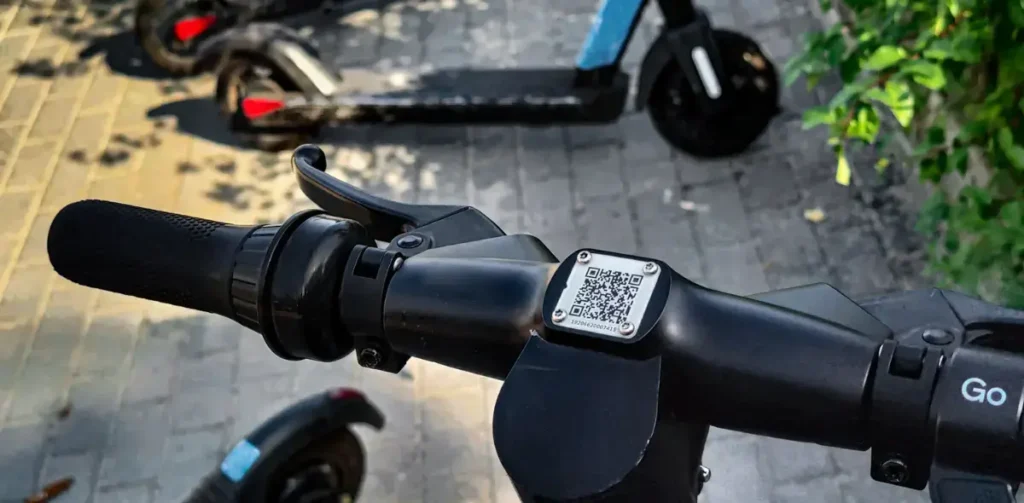The Green Revolution
In the face of environmental challenges, the transportation sector is experiencing a profound shift towards eco-friendly innovations. This article provides an overview of the ecological impact of traditional transportation, explores sustainable and eco-friendly alternatives, examines case studies of cities embracing green transportation initiatives, delves into advancements in electric and hydrogen-powered vehicles, and discusses the role of renewable energy in shaping the future of transportation.
Overview of the Environmental Impact of Traditional Transportation:
- Carbon Emissions:
- Traditional transportation, predominantly reliant on fossil fuels, contributes significantly to carbon emissions. Canceling gasoline and diesel fuels in cars, trucks, and airplanes releases greenhouse gases, contributing to climate change.
- Air and Noise Pollution:
- Beyond carbon emissions, traditional transportation modes generate air and noise pollution. Exhaust fumes release pollutants that degrade air quality, while the noise generated by engines negatively affects the environment and human health.
Sustainable and Eco-Friendly Transportation Alternatives:
- Public Transportation:
- Robust public transportation systems, including buses and trains, offer eco-friendly alternatives by reducing the number of individual vehicles on the road. These systems are more energy-efficient and produce fewer emissions per passenger.
- Cycling and Walking:
- Promoting cycling and walking as modes of transportation reduces carbon emissions and improves personal health. Cities with well-designed bike lanes and pedestrian-friendly infrastructure encourage sustainable commuting.
Case Studies of Cities Embracing Green Transportation Initiatives:
- Copenhagen, Denmark:
- Copenhagen is renowned for its commitment to green transportation. The city prioritizes cycling with dedicated bike lanes, bike-sharing programs, and initiatives to make cycling a safe and convenient mode of commuting.
- Curitiba, Brazil:
- Curitiba pioneered the Bus Rapid Transit (BRT) system, offering a cost-effective and efficient public transportation solution. The BRT system prioritizes bus lanes and well-planned routes, reducing congestion and emissions.
Advancements in Electric and Hydrogen-Powered Vehicles:
- Electric Vehicles (EVs):
- The rise of electric vehicles represents a monumental shift towards eco-friendly transportation. EVs produce zero tailpipe emissions, relying on electricity for power. Advancements in battery technology have extended their range and affordability.
- Hydrogen-Powered Vehicles:
- Hydrogen-powered vehicles, utilizing fuel cells to generate electricity, are gaining attention as a clean alternative. These vehicles emit only water vapor, offering a sustainable solution for long-range transportation.
The Role of Renewable Energy in Shaping the Future of Transportation:
- Charging Infrastructure:
- Adopting electric vehicles necessitates transitioning to renewable energy sources for charging infrastructure. Solar and wind power can be harnessed to charge electric cars, reducing dependence on non-renewable energy.
- Hydrogen Production:
- The production of hydrogen for fuel cells can also be powered by renewable energy. Using clean energy sources ensures that hydrogen-powered vehicles maintain their status as an eco-friendly transportation option.


